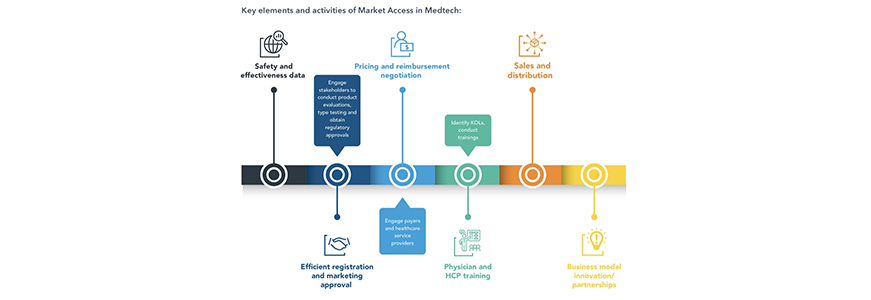
What it takes to be ‘Sales Effective’ in MedTech selling !
In a complex, high-stakes MedTech environment, sales effectiveness goes beyond closing deals. It’s about delivering value through expertise, empathy, and execution. In MedTech, effectiveness is not about selling to customers—it’s
Author - Prashant Mishra

Southeast Asia MedTech Focus - Vietnam
Vietnam’s MedTech sector offers substantial opportunities for investors, particularly in areas like digital health platforms, diagnostic imaging, and robotic-assisted healthcare solutions. The government’s commitment to healthcare modernization is catalyzed further
Author - Binayak Bagchi

Southeast Asia MedTech Focus - Thailand
Thai MedTech industry offers a dynamic market landscape, underpinned by favorable economic conditions, strategic government policies, and a commitment to healthcare innovation. Investors and stakeholders can find ample opportunities in
Author - Binayak Bagchi

Early MedTech Company Challenges of Asia
Early medtech companies in Asia today faces several human capital challenges for growth-
Skills Gap : There are big gaps between skills and qualifications of available workforce, particularly
Author - Binayak Bagchi

Integrated Healthcare or Fragmented!
Like many other countries, Australia faces several integrated healthcare challenges. I am going to talk of a few here:
Fragmented Systems : The Australian healthcare system consists
Author - Binayak Bagchi

Accelerating market access for medtech industry in APAC
Market Access is defined by the bringing of products or solutions to the right patient at the right price points in a timely manner through the efficient enablement of
Author - Aijaz Shaikh




